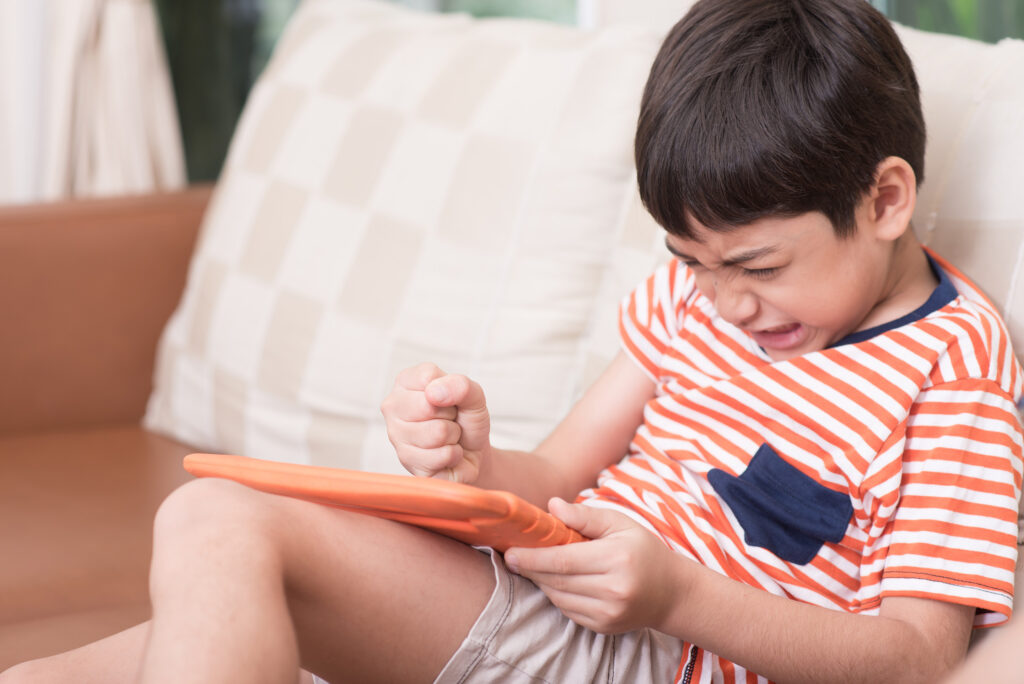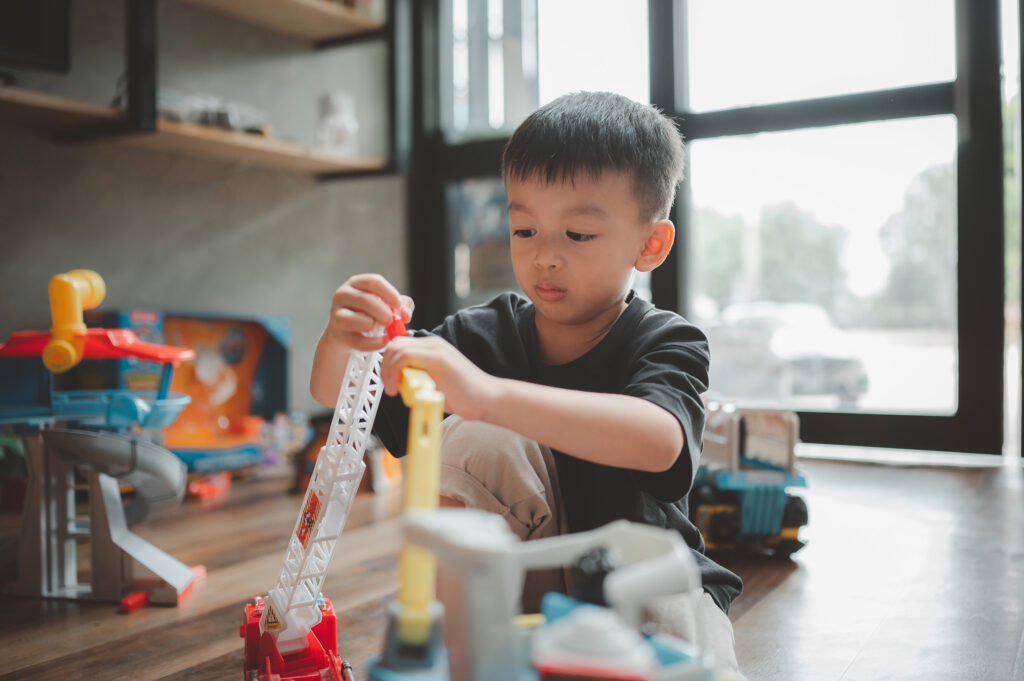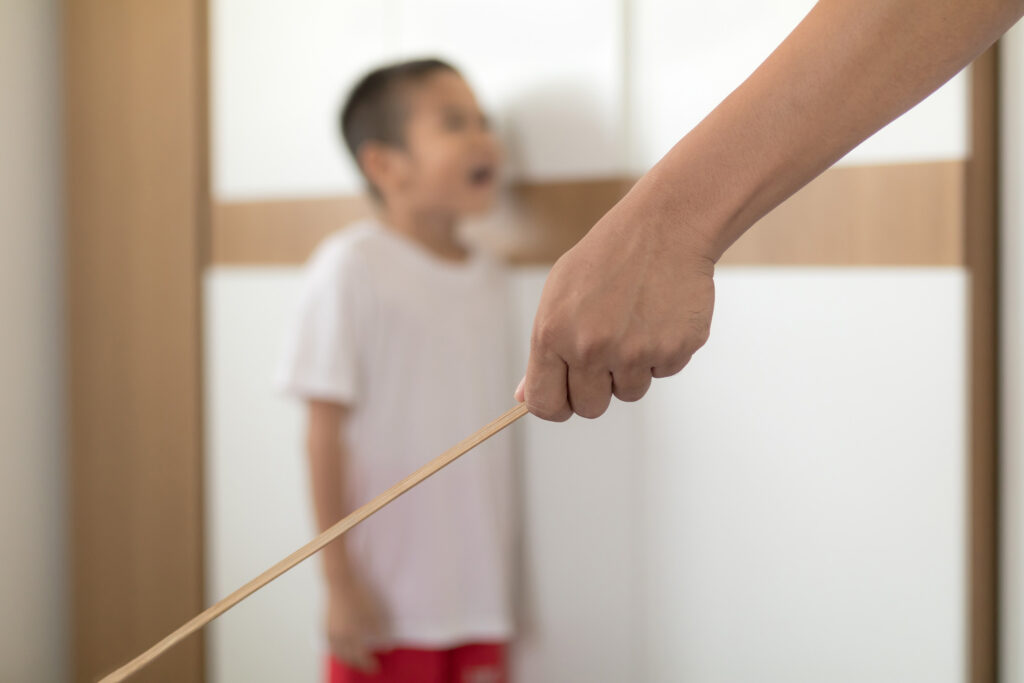Self-protection mechanism of children

Written by: Psychotherapist Lee Wai-Tong, Unleashing Mind
Professional Counselling Academy
One day, a colleague told me that he/she had received a call from a mother who was anxious to bring her son to see me. On the phone, I learned that the boy had pointed a knife at his neck several times in the past month, threatening his mother to give her change to buy snacks, or else he would stab himself in the neck. The mother, on one hand, of course, was surprised at her son’s behavior, and on the other hand, worried that he might stab himself accidentally, so she had to give him money. But the boy did the same thing many times afterwards, which made the mother feel distressed.
The first time I had a play therapy session with the boy, he entered the playroom, sat down on a chair and looked at me with a smile on his face, so I invited him to choose the toys in the room: “You can choose any toy and play with it in your own way. The boy looked at me and said, “Really? I responded again, “You can choose any toy and play with it the way you want. So the boy stood up, swept all the toys on the table to the floor, and looked at me with a smile.

At this point, I was thinking that this was the first time I met with the boy and he responded in such a way, so I could imagine that he had a lot of anger in his heart, but he had suppressed it for some time, so now he let it out in this way.
Later, I used games and creative psychotherapy to allow him to slowly express his inner feelings of dissatisfaction with his parents, for example, his father blamed the boy for breaking the computer for no reason, but in fact it was his brother who did it; when the boy did something wrong, his mother beat him with a coat hanger …… When his emotions were released, the boy did not do these behaviors anymore. And he also became cheerful.

Children need the protection and love of their parents as they grow up. But if a parent causes harm to a child and does not deal with it properly, what the child can do is to use his or her limited ability to protect himself or herself, such as becoming rebellious, silent, or telling lie. We all understand that parenting is not perfect and it is normal to misunderstand and blame our children sometimes. However, the important thing is that when we find out that we have misunderstood or blamed our children wrongly, we can open a space for parents to communicate and let our children express their unhappiness.







